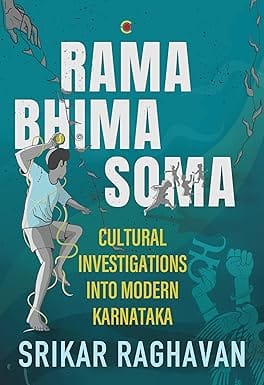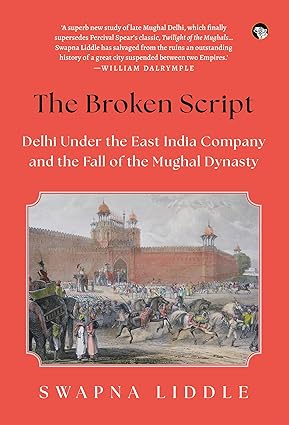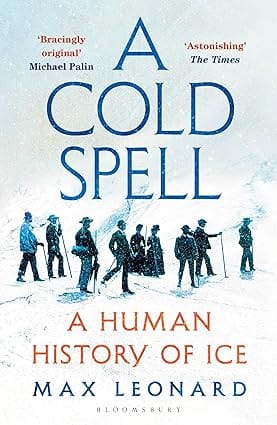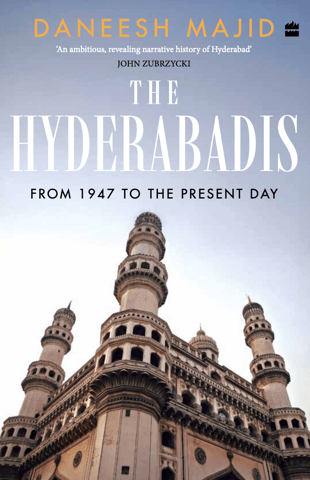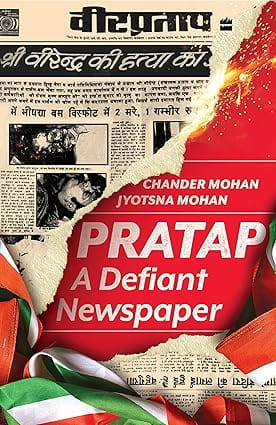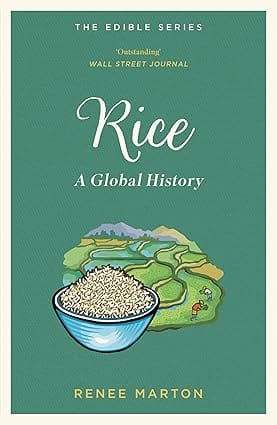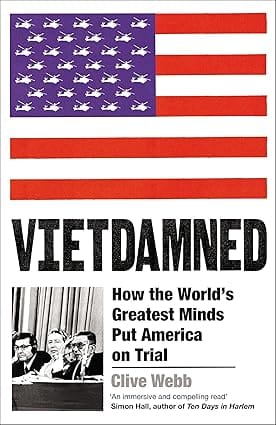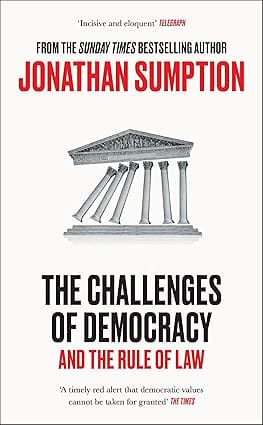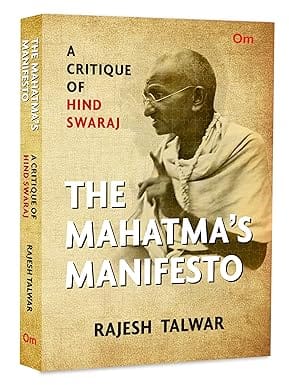WELCOME TO MIDLAND BOOK SHOP!
SHOP FOR
- Contemporary Fiction
- Contemporary Fiction
- Children
- Children
- Comics & Graphic Novels
- Comics & Graphic Novels
- Non-Fiction
- Non-Fiction
- Fiction
- Fiction
Shop No.20, Aurobindo Palace Market, Hauz Khas, Near Church +91 9818282497 | 011 26867121 110016 New Delhi IN
Midland The Book Shop ™
Shop No.20, Aurobindo Palace Market, Hauz Khas, Near Church +91 9818282497 | 011 26867121 New Delhi, IN
+919871604786 https://www.midlandbookshop.com/s/607fe93d7eafcac1f2c73ea4/677cda367903fd013d69b606/without-tag-line-480x480.png" [email protected]9789360456870 677bc51d9532fc0024dd2670 Rama Bhima Soma Cultural Investigations Into Modern Karnataka https://www.midlandbookshop.com/s/607fe93d7eafcac1f2c73ea4/677bc51e9532fc0024dd2678/81tk69exa-l-_sy385_.jpg 9789360456870
About the Book
CULTURAL ENQUIRY AND LITERARY EXPLORATION, A HISTORY OF POLITICAL ACTIVISM AND OF SOCIAL AND CULTURAL MOVEMENTS—THIS IS A COMPLEX, NUANCED AND OPEN-MINDED INVESTIGATION INTO MODERN KARNATAKA.
Karnataka is one of India’s most diverse states, as rich in literary and cultural traditions as it is in democratic struggles and political churns. The twentieth century witnessed the birth of a modern Kannada renaissance, accompanied by the emergence of a powerful social conscience. One young man’s desire to explore this vibrant historical backyard, born out of a feeling of being linguistically unmoored, compounded by worries over an increasingly opaque political direction, leads to an ambitious—no, audacious—attempt to unpack the region’s social and cultural histories.
Rama Bhima Soma is an enterprise of translation and rediscovery, packed with stories and conversations. The life and times of legends like Kuvempu and Shivaram Karanth; the fall of Socialism and the rise of the Hindu Right; the intellectual ruminations of U.R. Ananthamurthy, D.R. Nagaraj and M.M. Kalburgi; the wildly popular television serials of T.N. Seetharam and the community-centred one-woman theatre shows of Du Saraswathi; a brief history of Naxalism in Karnataka and glimpses of other complicated legacies of the 1970s’ Left—the book explores a dizzyingly wide sweep of Karnataka’s contemporary history, seeking, above all, to forge new connections and begin fresh conversations.
Marshalling a diverse range of literary and scholarly resources, framed through biographical sketches and immersive reportage, Srikar Raghavan’s genre-bending work of narrative non-fiction reanimates some pivotal moments in the making of modern Karnataka. The result is a sizzling dish of ideas rescued from the deep freeze of historical amnesia.
About the Author
Born in Bangalore and brought up in Mysore, Srikar wrote this book while living in a small village named Parkala in South Canara. Something of that inward trajectory has permeated these pages, he believes. An inveterate bookworm, Srikar fancies himself more of a reader than a writer. He also loves to trek, travel and fiddle around on a guitar.
CULTURAL ENQUIRY AND LITERARY EXPLORATION, A HISTORY OF POLITICAL ACTIVISM AND OF SOCIAL AND CULTURAL MOVEMENTS—THIS IS A COMPLEX, NUANCED AND OPEN-MINDED INVESTIGATION INTO MODERN KARNATAKA.
Karnataka is one of India’s most diverse states, as rich in literary and cultural traditions as it is in democratic struggles and political churns. The twentieth century witnessed the birth of a modern Kannada renaissance, accompanied by the emergence of a powerful social conscience. One young man’s desire to explore this vibrant historical backyard, born out of a feeling of being linguistically unmoored, compounded by worries over an increasingly opaque political direction, leads to an ambitious—no, audacious—attempt to unpack the region’s social and cultural histories.
Rama Bhima Soma is an enterprise of translation and rediscovery, packed with stories and conversations. The life and times of legends like Kuvempu and Shivaram Karanth; the fall of Socialism and the rise of the Hindu Right; the intellectual ruminations of U.R. Ananthamurthy, D.R. Nagaraj and M.M. Kalburgi; the wildly popular television serials of T.N. Seetharam and the community-centred one-woman theatre shows of Du Saraswathi; a brief history of Naxalism in Karnataka and glimpses of other complicated legacies of the 1970s’ Left—the book explores a dizzyingly wide sweep of Karnataka’s contemporary history, seeking, above all, to forge new connections and begin fresh conversations.
Marshalling a diverse range of literary and scholarly resources, framed through biographical sketches and immersive reportage, Srikar Raghavan’s genre-bending work of narrative non-fiction reanimates some pivotal moments in the making of modern Karnataka. The result is a sizzling dish of ideas rescued from the deep freeze of historical amnesia.
About the Author
Born in Bangalore and brought up in Mysore, Srikar wrote this book while living in a small village named Parkala in South Canara. Something of that inward trajectory has permeated these pages, he believes. An inveterate bookworm, Srikar fancies himself more of a reader than a writer. He also loves to trek, travel and fiddle around on a guitar.
Review
‘A wonderfully fresh rediscovery of Kannada modernity. Srikar’s hunger for ideas from the great intellectual crosscurrents of the 1970s and ’80s gives us a book rich in educated hope—that this past coul
in stockINR 719
1 1
Email ID already exists!
Your Current password is incorrect
Password Updated Successfully
Thanks for your Feedback
Rama Bhima Soma Cultural Investigations Into Modern Karnataka
ISBN: 9789360456870
₹719
₹899 (20% OFF)SIZE GUIDE
Sold By: Hauz Khas - Aurobindo Market
Details
- ISBN: 9789360456870
- Author: Srikar Raghavan
- Publisher: Context
- Pages: 598
- Format: Hardback
Book Description
About the Book
CULTURAL ENQUIRY AND LITERARY EXPLORATION, A HISTORY OF POLITICAL ACTIVISM AND OF SOCIAL AND CULTURAL MOVEMENTS—THIS IS A COMPLEX, NUANCED AND OPEN-MINDED INVESTIGATION INTO MODERN KARNATAKA.
Karnataka is one of India’s most diverse states, as rich in literary and cultural traditions as it is in democratic struggles and political churns. The twentieth century witnessed the birth of a modern Kannada renaissance, accompanied by the emergence of a powerful social conscience. One young man’s desire to explore this vibrant historical backyard, born out of a feeling of being linguistically unmoored, compounded by worries over an increasingly opaque political direction, leads to an ambitious—no, audacious—attempt to unpack the region’s social and cultural histories.
Rama Bhima Soma is an enterprise of translation and rediscovery, packed with stories and conversations. The life and times of legends like Kuvempu and Shivaram Karanth; the fall of Socialism and the rise of the Hindu Right; the intellectual ruminations of U.R. Ananthamurthy, D.R. Nagaraj and M.M. Kalburgi; the wildly popular television serials of T.N. Seetharam and the community-centred one-woman theatre shows of Du Saraswathi; a brief history of Naxalism in Karnataka and glimpses of other complicated legacies of the 1970s’ Left—the book explores a dizzyingly wide sweep of Karnataka’s contemporary history, seeking, above all, to forge new connections and begin fresh conversations.
Marshalling a diverse range of literary and scholarly resources, framed through biographical sketches and immersive reportage, Srikar Raghavan’s genre-bending work of narrative non-fiction reanimates some pivotal moments in the making of modern Karnataka. The result is a sizzling dish of ideas rescued from the deep freeze of historical amnesia.
About the Author
Born in Bangalore and brought up in Mysore, Srikar wrote this book while living in a small village named Parkala in South Canara. Something of that inward trajectory has permeated these pages, he believes. An inveterate bookworm, Srikar fancies himself more of a reader than a writer. He also loves to trek, travel and fiddle around on a guitar.
CULTURAL ENQUIRY AND LITERARY EXPLORATION, A HISTORY OF POLITICAL ACTIVISM AND OF SOCIAL AND CULTURAL MOVEMENTS—THIS IS A COMPLEX, NUANCED AND OPEN-MINDED INVESTIGATION INTO MODERN KARNATAKA.
Karnataka is one of India’s most diverse states, as rich in literary and cultural traditions as it is in democratic struggles and political churns. The twentieth century witnessed the birth of a modern Kannada renaissance, accompanied by the emergence of a powerful social conscience. One young man’s desire to explore this vibrant historical backyard, born out of a feeling of being linguistically unmoored, compounded by worries over an increasingly opaque political direction, leads to an ambitious—no, audacious—attempt to unpack the region’s social and cultural histories.
Rama Bhima Soma is an enterprise of translation and rediscovery, packed with stories and conversations. The life and times of legends like Kuvempu and Shivaram Karanth; the fall of Socialism and the rise of the Hindu Right; the intellectual ruminations of U.R. Ananthamurthy, D.R. Nagaraj and M.M. Kalburgi; the wildly popular television serials of T.N. Seetharam and the community-centred one-woman theatre shows of Du Saraswathi; a brief history of Naxalism in Karnataka and glimpses of other complicated legacies of the 1970s’ Left—the book explores a dizzyingly wide sweep of Karnataka’s contemporary history, seeking, above all, to forge new connections and begin fresh conversations.
Marshalling a diverse range of literary and scholarly resources, framed through biographical sketches and immersive reportage, Srikar Raghavan’s genre-bending work of narrative non-fiction reanimates some pivotal moments in the making of modern Karnataka. The result is a sizzling dish of ideas rescued from the deep freeze of historical amnesia.
About the Author
Born in Bangalore and brought up in Mysore, Srikar wrote this book while living in a small village named Parkala in South Canara. Something of that inward trajectory has permeated these pages, he believes. An inveterate bookworm, Srikar fancies himself more of a reader than a writer. He also loves to trek, travel and fiddle around on a guitar.
Review
‘A wonderfully fresh rediscovery of Kannada modernity. Srikar’s hunger for ideas from the great intellectual crosscurrents of the 1970s and ’80s gives us a book rich in educated hope—that this past coul
User reviews
NEWSLETTER
Subscribe to get Email Updates!
Thanks for subscribing.
Your response has been recorded.

India's Iconic & Independent Book Store offering a vast selection of books across a variety of genres Since 1978.
"We Believe In The Power of Books" Our mission is to make books accessible to everyone, and to cultivate a culture of reading and learning. We strive to provide a wide range of books, from classic literature, sci-fi and fantasy, to graphic novels, biographies and self-help books, so that everyone can find something to read.
Whether you’re looking for your next great read, a gift for someone special, or just browsing, Midland is here to make your book-buying experience easy and enjoyable.
We are shipping pan India and across the world.
For Bulk Order / Corporate Gifting
 +91 9818282497 |
+91 9818282497 |  [email protected]
[email protected]
Click To Know More
INFORMATION
QUICK LINKS
ADDRESS
Midland Book Shop - Hauz Khas
Shop No.20, Aurobindo Palace Market, Near Church, New Delhi
Shop No.20, Aurobindo Palace Market, Near Church, New Delhi

